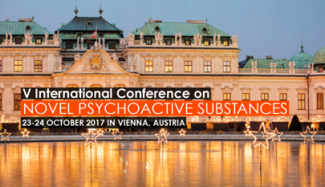Normes internationales sur la prévention de la consommation de drogues
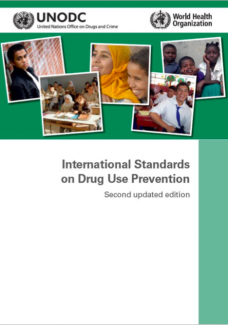

Established in 1997 through a merger between the United Nations Drug Control Programme and the Centre for International Crime Prevention, UNODC is mandated to assist Member States in addressing the issues of drugs, crime and terrorism. Working in cooperation with our partners and through our network of field offices, UNODC helps Member States facing urgent problems including smuggling of migrants and trafficking in persons, wildlife crime, maritime crime, cybercrime and trafficking in illicit drugs, firearms and cultural property. Further, UNODC seeks to combat corruption, reinforce efforts to prevent and counter terrorism, and enhance alternative development and access to controlled substances for medical purposes, promote evidence-based approaches to drug use prevention, treatment and rehabilitation, as well as HIV and AIDS. The Office has a strong collaboration with the World Health Organization (WHO) and the Joint United Nations Programme on HIV/AIDS (UNAIDS) to reinforce the need to put public health at the core of all responses to the world drug problem.
The three pillars of the UNODC work programme are:

Conor Crean, Responsable des affaires scientifiques, Laboratoire et Section scientifique, Office des Nations Unies contre la drogue et le crime (ONUDC)
Martin Raithelhuber, Expert en drogues synthétiques illicites, Section des laboratoires et des scientifiques, Office des Nations Unies contre la drogue et le crime (ONUDC)
Rapport 2017 de l’International Narcotics Control Board
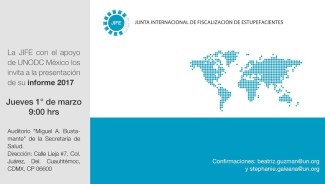
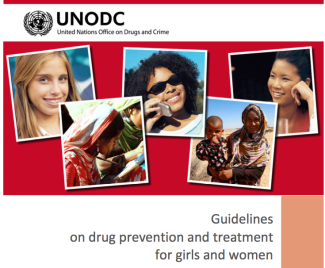
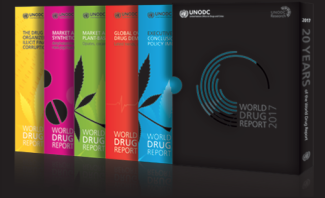
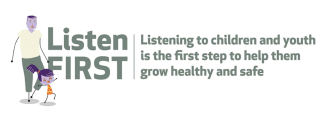
La 5e Conférence internationale sur les nouvelles substances psychoactives se tiendra du 23 au 24 octobre 2017 aux Nations Unies à Vienne, en Autriche. La conférence est organisée conjointement par l’Office des Nations Unies contre la drogue et le crime (ONUDC), l’Observatoire européen des drogues et des toxicomanies (OEDT), l’Agence mondiale antidopage (AMA), l’Université du Hertfordshire et l’Université Sapienza de Rome.
